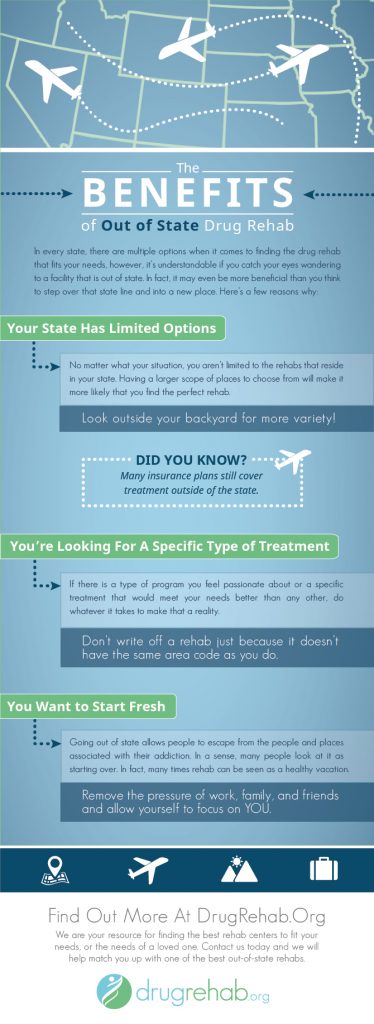Discover The Value Of Post-Treatment Care In Substance Abuse Rehab For Sustained Recovery. Check Out Just How Encouraging Networks Can Aid In Preserving Soberness And Creating A Significant Existence
Discover The Value Of Post-Treatment Care In Substance Abuse Rehab For Sustained Recovery. Check Out Just How Encouraging Networks Can Aid In Preserving Soberness And Creating A Significant Existence
Blog Article
Developed By-Ennis Webster
You can't do it alone. Healing from drug dependency calls for a strong support group.
view website of aftercare in drug rehab can not be overemphasized. In this article, we will certainly check out the role of therapy, the benefits of therapy, and the structure provided by peer support system in maintaining sobriety.
So, get a mug of coffee, sit back, and allow us assist you via the critical actions of post-rehabilitation assistance.
The Duty of Counseling in Aftercare
If you wish to keep your soberness after leaving rehab, it's essential that you proceed joining therapy sessions as part of your aftercare plan.
Counseling plays an important function in your recovery trip by giving ongoing support, guidance, and a safe space to express your sensations and worries.
Through counseling, you can resolve any kind of underlying problems that may have contributed to your dependency, create coping methods, and find out much healthier means to manage stress and anxiety and yearnings.
https://www.verywellhealth.com/adhd-and-alcohol-5209660 permits you to work through any unsettled feelings and create a far better understanding of yourself and your triggers.
The Advantages of Therapy in Maintaining Sobriety
To preserve your sobriety, therapy can give various advantages.
- Therapy offers a secure room for you to check out and address the underlying problems that might have added to your addiction.
- It allows you to overcome your feelings and establish healthier ways of dealing with stress and anxiety and activates.
- With therapy, you can get a far better understanding of yourself and your patterns of behavior, which can help you make favorable modifications in your life.
- In addition, treatment gives you with a support group of professionals that are educated to direct and assist you on your journey to healing.
- They can use useful understandings, tools, and strategies to help you navigate the challenges that may emerge.
- In therapy, you can find out to create healthy coping skills, construct strength, and boost your overall wellness.
Peer Support Groups: A Structure for Lasting Recuperation
You can find enduring recuperation by proactively participating in peer support groups and getting in touch with others who share similar experiences and objectives.
Peer support groups supply a secure and non-judgmental space where individuals in healing can integrate to share their battles, successes, and insights. By actively joining these teams, you can receive the assistance and motivation you require to remain on the course of recuperation.
Getting in touch with others who have actually undergone similar experiences can be incredibly equipping, as it helps you realize that you aren't alone in your journey. It likewise allows you to gain from others who've effectively overcome similar difficulties. With each other, you can commemorate turning points, hold each other liable, and offer advice and advice.
Through these links, you can construct a strong support system that will certainly help you navigate the ups and downs of recovery and ultimately discover long-term healing and change.
Verdict
You've found out about the important role of aftercare in drug rehabilitation. Counseling, therapy, and peer support groups contribute to lasting recuperation. Below's an astonishing statistic to realize the size of the concern: research studies show that individuals who obtain aftercare treatment are 50% more likely to keep sobriety contrasted to those who do not.
So, visualize the transformative power of these support group in assisting people reclaim their lives and develop a brighter, drug-free future.
